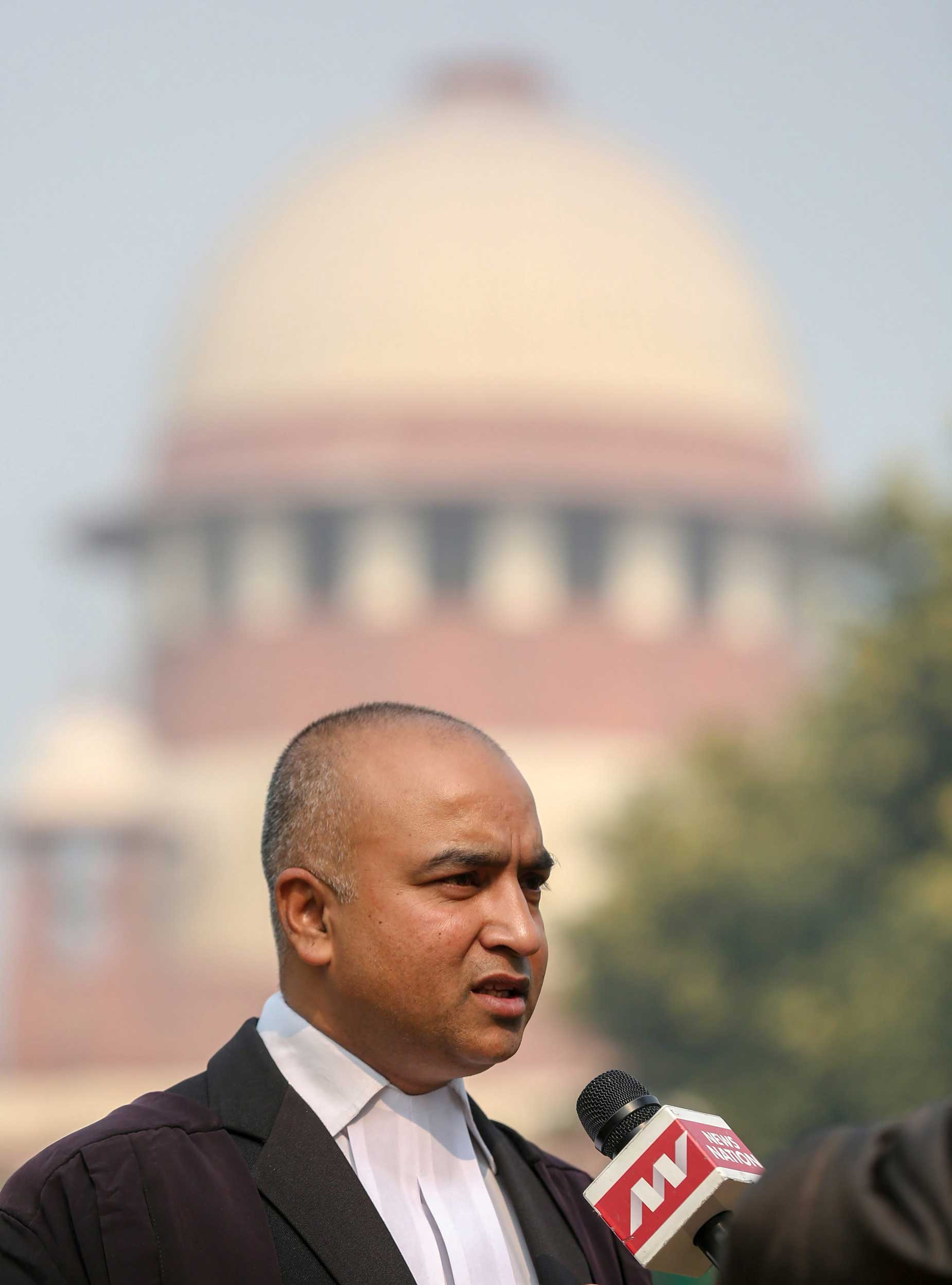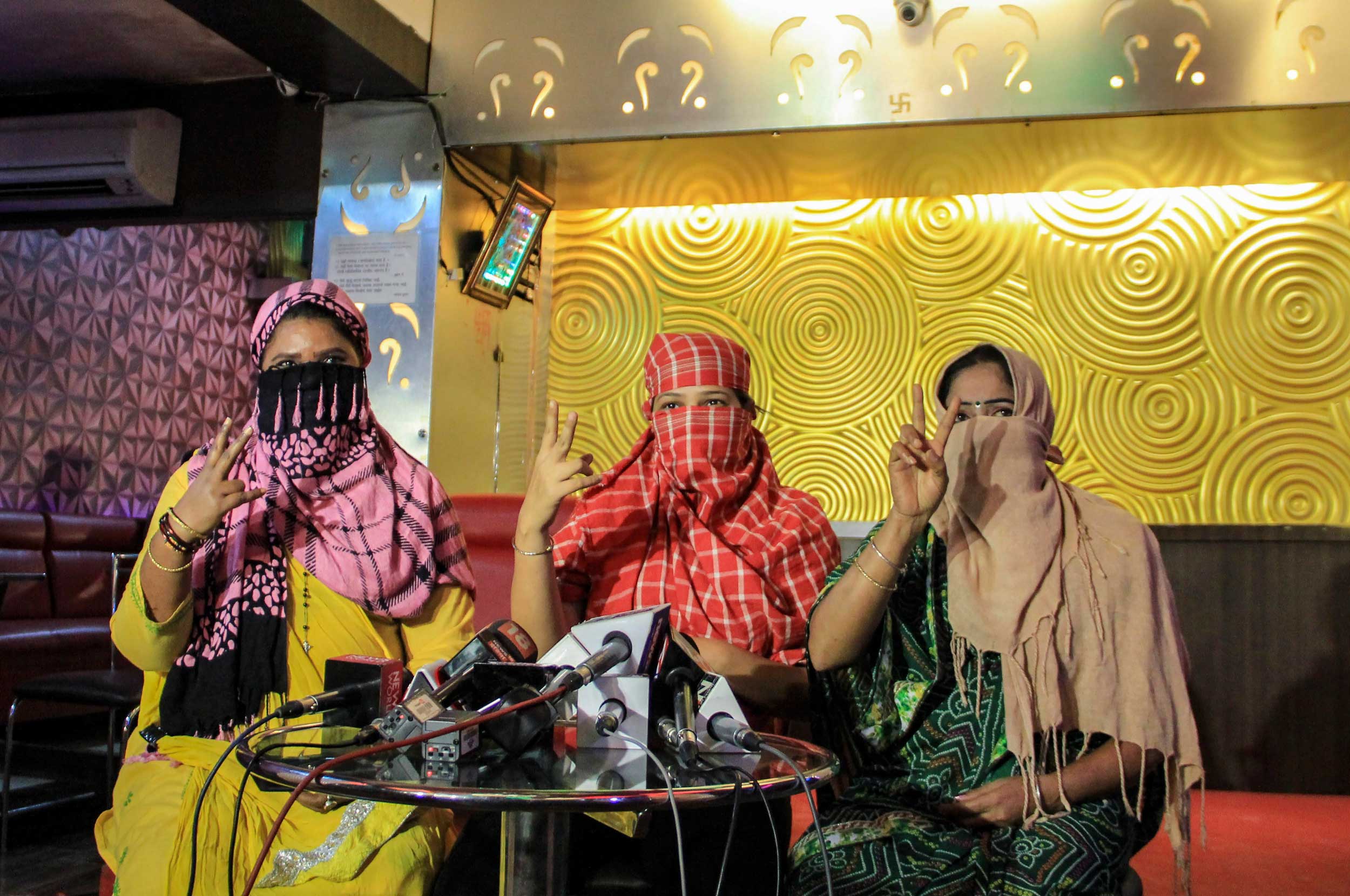The Supreme Court on Thursday paved the way for dance bars to reopen in Maharashtra after 14 years, saying there can be “regulations” but not “total prohibition” and frowning on the state government’s “moralistic overtones” and attempt at “social control”.
A two-judge bench quashed several provisions of a 2016 state law that imposed curbs on dance bars’ licensing and functioning, seeking revisions for some and upholding some others.
The apex court quashed a ban on alcohol at dance bars as “totally disproportionate, unreasonable and arbitrary”, and the requirement for a licensee to be of “good character” as too vague.
It set aside the stipulation for these bars to be at least 1km away from educational or religious establishments as impracticable in a city like Mumbai, and that for CCTVs inside dance bars as an invasion of privacy.
It allowed the tipping of the dancers while banning the showering of coins and notes, but accepted the 6pm-11.30pm window for the dance performances.
“Standards of morality in a society change with the passage of time,” the bench of Justices A.K. Sikri and Ashok Bhushan noted while deciding on the provisions of the Maharashtra Prohibition of Obscene Dance in Hotels, Restaurant and Bar Rooms and Protection of Dignity of Women (Working Therein) Act, 2016.

Nishant Katneshwarkar, counsel for Maharashtra government addresses the media outside the Supreme court after court's verdict on Mumbai dance bars, in New Delhi, on Thursday. (PTI Photo)
It said that “dance performances in dignified forms are socially acceptable” while “the State can pass a law prohibiting obscene dances”.
“However, a practice which may not be immoral by societal standards cannot be thrust upon society as immoral by the State with its own notion of morality and thereby exercise ‘social control’,” the court said in a 100-page judgment.
The Indian Hotel and Restaurant Association and a bar dancers’ body had challenged the 2016 law as a violation of the women’s fundamental rights of equality, non-discrimination, freedom of speech and choice of profession, and the right to life and liberty.
Some 700 dance bars operated in Mumbai and another 1,000-odd in the rest of Maharashtra before then state home minister R.R. Patil banned them in 2005, prompting legal challenges.
In 2006, Bombay High Court quashed the ban. The Supreme Court upheld the high court decision and, in 2015, dismissed an appeal against its earlier judgment. The Devendra Fadnavis government then enacted the Obscene Dance Act in 2016.
The petitioners told the apex court the state had brought in the 2016 act despite adverse apex court rulings with the sole aim of making it impossible for dance bars to operate. Some of Thursday’s key rulings:
Coins: The court upheld the ban on “throwing or showering coins, currency notes, etc” that could lead to “any untoward incident” but quashed the prohibition on tipping. “Handing over of the notes to the dancers personally is not inappropriate. We also set aside the provision of giving the tips only by adding the same in the bills,” it said.
Liquor: The court saw “no reason why liquor cannot be served at such places” and suggested “the State is more influenced by moralistic overtones under wrong presumption that persons after consuming alcohol would misbehave with the dancers”.
“If this is so, such a presumption would be equally applicable to bar rooms where alcohol is served by women waitresses.”
Partition: The bench quashed the rule that the dance stage in the bar room must be segregated with a non-transparent partition from the main hotel or restaurant.
Ikm radius: The court said the rule stipulating a dance bar is at least 1km away from any educational or religious institution ignored the ground realities, especially in Mumbai, where it would be difficult to find any such place.
“This, therefore, amounts to fulfilling an impossible condition,” it said, quashing it as “arbitrary and unreasonable”. It said a more realistic distance could later be worked out.
Character certificate: The court struck down Rule 3(3)(i) which mandated that a person could get a dance bar licence only if he had a “good character” and “antecedents” and had no history of “criminal record” in the preceding 10 years.
The court said the expressions “good character” and “antecedents” were “capable of any interpretation” and that the matter was best “left to the wisdom of the licensing authority”.
It said the act did not spell out whether it was using “criminal record” to describe “conviction” or “mere lodging of FIR”. It, however, allowed the “rule-making authority” to later draft a “suitable provision of precise nature”.
Service conditions: The court accepted that the dancers should be hired on a written contract and their pay deposited in their bank accounts. But it rejected the requirement for a monthly salary, saying this would restrict the women’s option of performing at more than one bar.
CCTV cameras: The court quashed the mandatory stipulation for CCTV cameras at all dance bar rooms on the ground of “invasion of privacy”.
Size, timings: The court upheld the minimum floor area of 10ftx12ft prescribed by the 2016 act for a dance bar, and the 6pm-11.30pm window for the dance performances.












